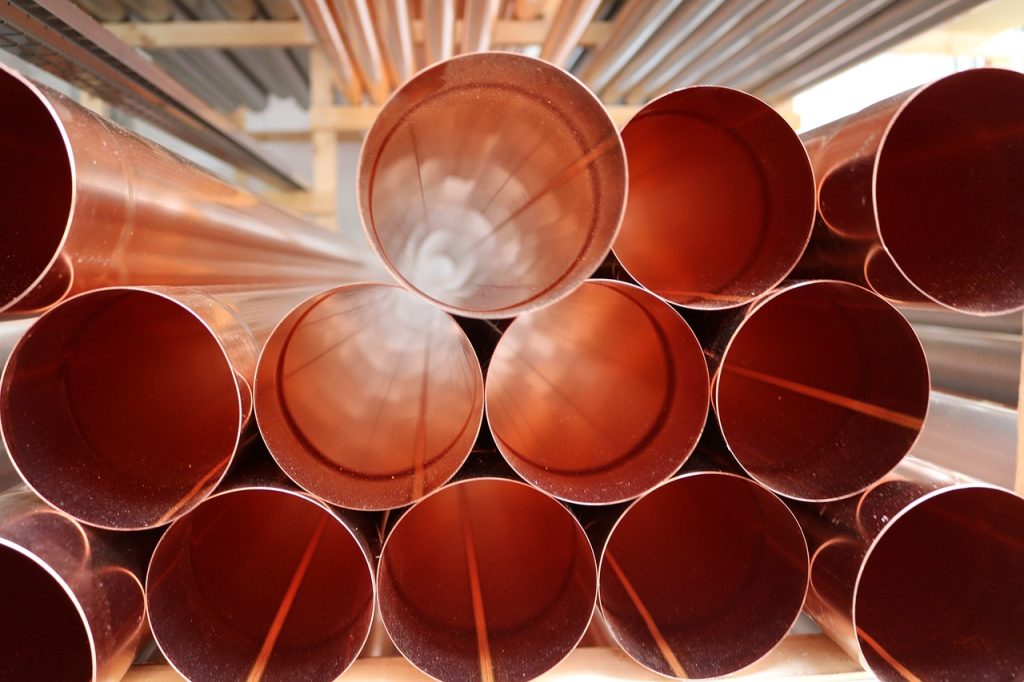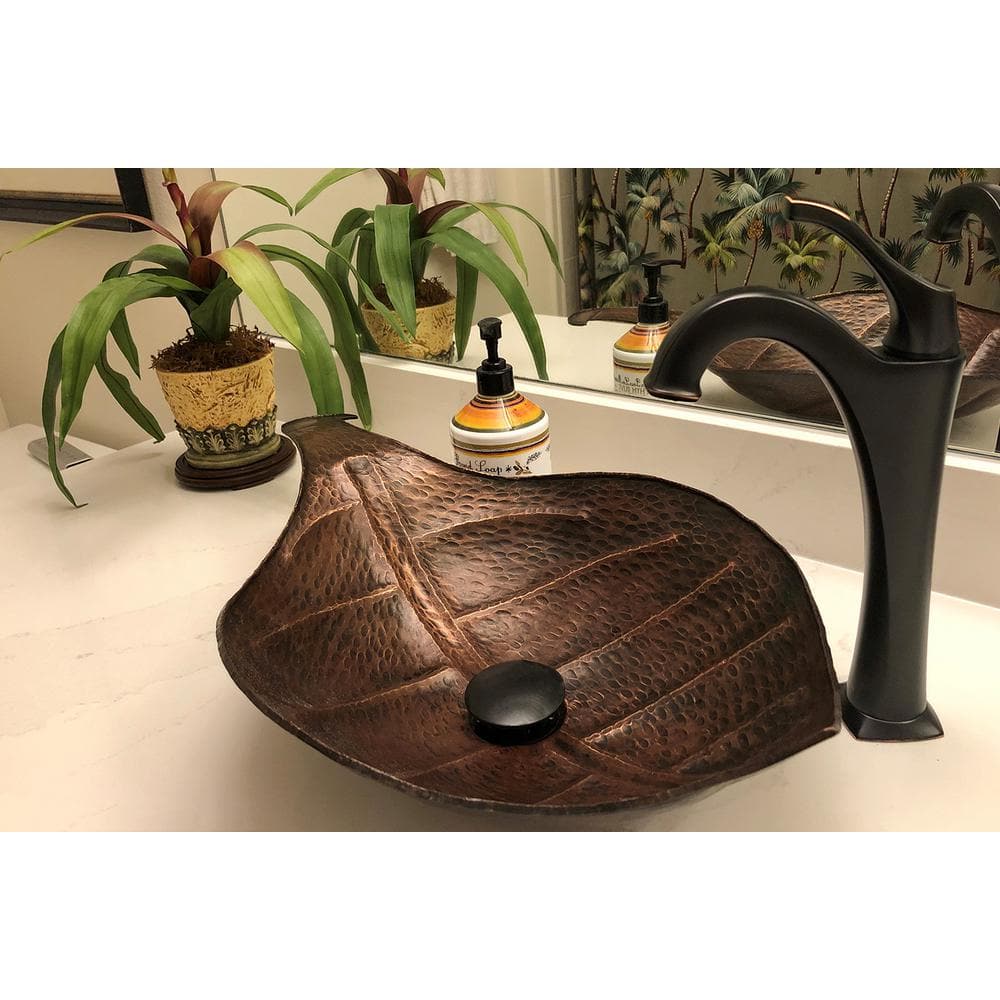Exploring the Diverse Applications of Copper Products in Modern Industries
From enhancing the effectiveness of electrical systems to playing a crucial role in renewable energy modern technologies, the adaptability of copper is noticeable. As markets progressively prioritize innovation and sustainability, the varied applications of copper warrant a closer examination, especially regarding their possible influence on future technological improvements and environmental techniques.
Electric Applications of Copper
Copper is an essential material in the electrical market, representing around 60% of the total need for non-ferrous metals around the world - Copper Products. Its superior electric conductivity, which is virtually two times that of light weight aluminum, makes it the preferred selection for a wide variety of electrical applications. From wiring systems in domestic and business structures to high-voltage power transmission lines, copper makes certain performance and dependability in power shipment
Along with electrical wiring, copper is essential to the production of electric parts such as generators, electric motors, and transformers. These parts utilize copper's thermal conductivity and pliability, important for heat dissipation and reliable efficiency. In addition, copper's resistance to corrosion enhances the life expectancy and durability of electrical systems, making it a cost-efficient solution in the long term.
The development of renewable resource sources, such as solar and wind power, has actually additionally raised the demand for copper in electric applications. As sectors change in the direction of sustainable power options, copper's function becomes much more critical. On the whole, the versatility and efficiency features of copper solidify its standing as a cornerstone product within the electric market, driving innovation and performance across various applications.
Plumbing and Piping Solutions
In contemporary pipes systems, the choice of materials substantially impacts both capability and longevity. Copper has become a preferred option because of its one-of-a-kind properties, consisting of rust resistance and antimicrobial characteristics. These qualities ensure that copper piping stays secure and durable for delivering drinkable water, a vital consideration in domestic and commercial applications.
One of the crucial benefits of copper in plumbing is its ability to withstand high temperature levels and stress, making it ideal for a range of applications, from warm water systems to home heating and cooling down networks. In addition, copper's flexibility enables easier installation in intricate piping formats, lowering the risk of leaks and failings.
Another noteworthy benefit is copper's lengthy lifespan, typically going beyond half a century with correct upkeep. This longevity not just lessens substitute expenses however likewise adds to sustainable methods by minimizing waste. Moreover, copper's recyclability lines up with contemporary ecological standards, promoting a circular economic climate within the pipes market.
Copper in Renewable Power
The adaptability of copper prolongs beyond plumbing applications, playing a vital role in the renewable resource industry. Its excellent electrical and thermal conductivity makes it a vital product in the manufacturing and circulation of renewable resource sources, especially solar and wind power. In solar panels, copper is utilized in solar batteries and wiring, facilitating effective energy conversion and transmission. Its resistance to corrosion guarantees lasting performance, which is vital for taking full advantage of energy output with time.

Furthermore, as the worldwide need for electric automobiles (EVs) boosts, copper's function in battery systems and charging infrastructure ends up being a lot more significant. The product's ability to conduct electrical power effectively is important to the performance of EV batteries, boosting range and billing speed.
Copper's Function in Electronic devices
Electronics producing relies greatly on copper's exceptional homes, specifically its high electrical conductivity and thermal effectiveness. These attributes make copper a perfect selection for a large range of digital parts, consisting of ports, motherboard, and electrical more information wiring. The metal's capacity to successfully transmit electrical signals guarantees very little power loss, which is essential in high-performance digital devices.
Moreover, copper's thermal conductivity plays a considerable duty in warm dissipation, shielding delicate parts from overheating. This is specifically essential in modern-day electronic devices, where compact layouts result in raised heat generation. Copper is likewise favored for its malleability and ductility, allowing it to be conveniently formed right into elaborate designs that satisfy the needs of innovative electronic applications.
With the increase of consumer electronic devices, telecoms, and electric vehicles, the demand for copper in the electronic devices industry proceeds to expand. Therefore, copper continues to be a cornerstone product in the ever-expanding area of electronic devices.
Cutting-edge Makes Use Of in Production

One notable application is in additive production, where copper-based products are utilized in 3D printing procedures. This permits the creation of intricate geometries and lightweight components, specifically in the aerospace and automobile industries. In addition, copper's thermal conductivity makes it a suitable option for warm exchangers, improving effectiveness in industrial air conditioning systems.
Additionally, the increase of smart production has actually seen the consolidation of copper in IoT devices, where its conductive capacities support sophisticated sensing technologies. In the realm of eco-friendly energy, copper is crucial in the production of photovoltaic panels and wind generators, assisting in a lot more reliable power conversion and circulation.
As sectors aim for sustainability and innovation, copper's adaptability and efficiency proceed to position it as a critical material, driving innovations in manufacturing and adding to the development of smarter, more effective products.
Verdict
The indispensable function of copper in renewable energy and its vital function in electronic devices highlight its relevance in progressing lasting methods. Jointly, these applications illustrate copper's important contribution to technological progression and commercial effectiveness in contemporary society.
From enhancing the performance of electrical systems to playing a critical role in sustainable energy modern technologies, the adaptability of copper is evident. As sectors progressively prioritize advancement and sustainability, the diverse applications of copper necessitate a closer examination, particularly concerning discover this info here their possible influence on future technological developments and ecological practices.
The development of renewable energy resources, such as solar and wind power, has actually additionally enhanced the need for copper in electric applications. Overall, the versatility view it now and performance qualities of copper solidify its condition as a foundation product within the electrical industry, driving innovation and performance throughout numerous applications.
The versatility of copper expands beyond pipes applications, playing an important function in the sustainable power industry.